ESL School Vocabulary
There is an ESL school vocabulary list on this page that you can use to help you learn the words to use when talking about going to school. Many people will be interested in what your school was like, so it is a good conversation topic, but you need to know plenty of ESL school vocabulary to be able to talk about it.
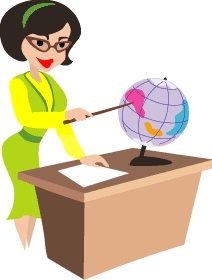
The first part of this page has the ESL school vocabulary list. This list has lots of words about school and going to school as well as their definitions and the part of speech. This list can be used either as a reference source when you find a word you do not understand or as a list of words to learn now so you know them in the future when you need them. The list is followed by a set of flashcards of the vocabulary that you can download and use anywhere. Then the last item in the first section is a recording of the vocabulary being spoken by a native English speaker so you can hear the correct pronunciation.
The second section of the ESL school vocabulary page has some activities that you can do that will test your knowledge of the ESL school vocabulary. You should do the activities once you have learnt all the words in the vocabulary list. There are the following three tasks for you to do:
- Identify the best definition that goes with a word.
- Identify the best word that goes with a definition.
- Identify the best word that matches a picture.
ESL School Vocabulary List with Definitions
This section has the ESL school vocabulary list. Each word in the list has a definition and its part of speech. You should use the list to try and learn as many of the words as possible. Then after the list there is a set of ESL school vocabulary picture flashcards that you can download and then a recording of the vocabulary being spoken by a native English speaker.
American football: An American sport played with an oval ball between two teams. (noun)
Art: The study of drawing, painting and other creative processes. (noun)
Art-room: The room where art is taught and studied. (noun)
Assembly: The start of the school day when all the pupils gather together. (noun)
Assignment: A piece of work to be done at home (similar to homework and coursework). (noun)
Attend: To be present at a specific location, or to go to a specific school. (verb)
Bag: A container for carrying books and other items (similar to satchel and school bag). (noun)
Baseball: An American sport played with a bat and ball between two teams. (noun)
Basketball: An American sport played on a court with a ball and two teams. (noun)
Bell: The machine that makes a loud noise to signal the start and end of the school day. (noun)
Biology: The scientific study of animals and plants. (noun)
Blackboard: An area, often on a wall, to write on using chalk. (noun)
Break: The times during the day when children do not have lessons and can do what they want (American English, same as playtime and recess). (noun)
Caretaker: The person responsible for cleaning and fixing buildings (British English, same as janitor). (noun)
Chair: An object to sit on. (noun)
Chalk: The object used to make marks on a blackboard. (noun)
Changing room: The place where people put on different clothes before doing sport (British English, same as locker room). (noun)
Chemistry: The scientific study of matter and substances. (noun)
Christmas holiday: The time in December and January when children do not need to go to school. (noun)
Class: A group of children who all study a subject together. (noun)
Classroom assistant: An adult who helps a teacher look after and teach children (similar to teaching assistant). (noun)
Classroom: The place where teachers teach children. (noun)
Collect: To gather something or someone from a place. (verb)
Computer lab: The place where information technology is taught. (noun)
Course work: A large and important piece of work to be done at home (similar to assignment and homework). (noun)
Cricket: A British sport played with a bat and ball between two teams. (noun)
Daunting: To be frightening or upsetting and difficult to complete. (adjective)
Department: A specialized part of something that is larger, e.g., art department. (noun)
Deputy head: The second most important person in a school (British English, same as deputy principle). (noun)
Deputy principle: The second most important person in a school (American English, same as deputy head). (noun)
Design and technology: The study of how things are made and how to make technical objects. (noun)
Desk: A flat area on which children do their school work (similar to table). (noun)
Dinner worker: The person who makes and serves food in the middle of the day in a school. (noun)
Drop-off: To leave something or someone at a specific place. (verb)
Easter holiday: The time in March or April when children do not need to go to school. (noun)
Education: The knowledge that is learnt from other people. (noun)
Elementary school: A school for children from about 5 years old to about 11 years old (American English, same as primary school). (noun)
English language: The study of the grammar and mechanics of using English. (noun)
English literature: The study of written English. (noun)
Exam: A formal test to determine how much a person knows. (noun)
Exercise book: A book for writing in and doing school work in. (noun)
Fare: The money that has to be paid to use a bus or train. (noun)
Football: A British sport played with a round ball between two teams (same as soccer). (noun)
Former: To have previously done something but to not be doing it now. (adjective)
Geography: The study of the Earth and the people on the Earth. (noun)
Grade: A group of children all the same age within a school, e.g., grade 1, grade 2 (American English, same as year). (noun)
Grounds: The open area around the school buildings. (noun)
Gym: The place where sport and physical education are done inside a building. (noun)
Half-term: A short holiday that comes in the middle of each school term. (noun)
Head teacher: The most important person in a school, the person who is in charge (British English, same as principle). (noun)
High school: A school for children from about 11 years old to 18 years old (American English, same as secondary school). (noun)
History: The study of what has happened in the past. (noun)
Hockey: A sport played with a curved stick and small ball between two teams. (noun)
Holiday: The time when children do not go to school and can stay at home. (noun)
Home economics: The study of how to prepare food and manage a house. (noun)
Homework: The work that has to be done away from school in the even or at the weekend (similar to assignment and coursework). (noun)
Information technology: The study of computers and the Internet. (noun)
Janitor: The person responsible for cleaning and fixing buildings (American English, same as caretaker). (noun)
Kindergarten: The place children go before they start school at 5 years old (American English, same as nursey). (noun)
Latin: The study of the language that was spoken by the Roman people. (noun)
Lessons: The different parts of the day when children learn different subjects, normally between 40 and 60 minutes. (noun)
Locker room: The place where people put on different clothes before doing sports (American English, same as changing room). (noun)
Marker pen: The objects used to make marks on a whiteboard. (noun)
Mathematics: The study of numbers. (noun)
Middle school: An uncommon type of school that comes between an elementary/primary school and a high/secondary school in some places. (noun)
Music: The study of artistic auditory communication. (noun)
Netball: A British sport played on a court with a ball and two teams. (noun)
Nursery: The place children go before they start school at 5 years old (British English, same as kindergarten). (noun)
Overhead projector: A machine for making an image bigger and showing it on a flat surface, such as a wall. (noun)
Packed lunch: The food that children take to each at school from home. (noun)
Period: The different parts of the day when children learn different subjects, normally between 40 and 60 minutes. (noun)
Physical education: The performing of sport or other energetic activities. (noun)
Physics: The scientific study of matter and energy. (noun)
Playground: The area outside the school buildings where the children can run around. (noun)
Playtime: The times during the day when children do not have lessons and can do what they want (British English, same as break and recess). (noun)
Primary school: A school for children from about 5 years old to about 11 years old (British English, same as elementary school). (noun)
Principle: The most important person in a school, the person who is in charge (American English, same as head teacher). (noun)
Private school: A school that is not run by the government and parents have to pay money for their children to attend it (same as public school. (noun)
Projector: A machine for showing images from a computer on a flat surface, such as a wall. (noun)
Public school: A school that is not run by the government and parents have to pay money for their children to attend it (same as private school). (noun)
Pupils: The children that attend a specific school. (noun)
Reception: The first class that children attend when they are just 5 years old. (noun)
Recess: The times during the day when children do not have lessons and can do what they want (American English, same as break and playtime). (noun)
Register: The document that records the children’s attendance at school. (noun)
Religious education (RE): The study of different beliefs from around the world. (noun)
Rounders: A British sport that is played with a small bat and ball by two teams. (noun)
Rugby: A British sport that is played with an oval ball by two teams. (noun)
Satchel: A type of bag with a fold over opening at the top for carrying books and other items (similar to bag and school bag). (noun)
School bag: A container for carrying books and other items (similar to satchel and bag). (noun)
School bus: A form of transport for taking children to school. (noun)
School: The place where children go to learn new knowledge. (noun)
Science lab: The place where children learn biology, chemistry and physics. (noun)
Science: The study of the physical and natural world via the subjects of biology, chemistry and physics. (noun)
Secondary school: A school for children from about 11 years old to 18 years old (British English, same as high school). (noun)
Semester: One of two parts of an academic year, when an academic year is divided into half. (noun)
Sixth form: The final two years of study and school before students go to university (British English). (noun)
Soccer: A British sport played with a round ball between two teams (same as football). (noun)
Sport: An activity that requires someone to move and be active. (noun)
Sport field: The outside area where physical education can be undertaken. (noun)
State school: A school that is run by the government of a country so that all children can get an education. (noun)
Study: To learn a specific subject or to learn information. (verb)
Students: The children who attend a school to get an education. (noun)
Subject: A specific area of knowledge. (noun)
Summer holiday: The time in June, July, August and September (depending on location) when children do not need to go to school. (noun)
Swimming pool: The place to do physical education while being in water. (noun)
Table: A flat area on which children do their school work (similar to desk). (noun)
Teach: To give knowledge and information to other people. (verb)
Teacher: A person who works in a school and tells the children what they need to know. (noun)
Teaching assistant: An adult who helps a teacher look after and teach children (similar to classroom assistant). (noun)
Term: One of three parts that an academic year is divided into. (noun)
Text book: The source of the information that children learn in school. (noun)
Uniform: The clothes that children have to wear when attending school. (noun)
Whiteboard: An area, often on a wall, to write on using marker pens. (noun)
Year: A group of children all the same age within a school, e.g., year 1, year 2 (British English, same as grade). (noun)
Vocabulary Flashcards for School Words
Below is a set of ESL school vocabulary picture flashcards that you can download and use to learn the school vocabulary. You should just click on the following picture or link and the pdf of the flashcards can then be downloaded.
Spoken School Vocabulary
Now there are two recordings of the ESL school vocabulary being spoken by a native English speaker. You can listen to them so you can hear the correct way to pronounce the words. The first recording you can just listen to it, while in the second one you can see the picture flashcards of the school vocabulary at the same time as the words are spoken. Listen as often as you need so that you can learn the correct way to say the ESL school vocabulary words.
ESL School Vocabulary Exercises
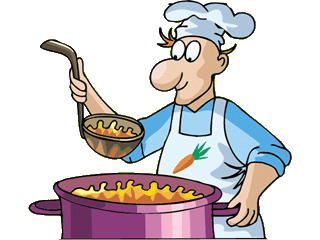
Exercise 1 – Correct Definition
For this first ESL school vocabulary exercise you need to look at the following five questions and decide which option (A-D) in each one best matches the word given in the question. When you have finished you should use the get score button to see how many you got correct.
ESL School Vocabulary Definitions
Choose the correct definition for the school vocabulary in this quiz.
Exercise 2 – Correct Meaning
In the next ESL school vocabulary exercise you need to decide which of the words (A-D) in each of the questions best matches the given definition, in that question. Again you can use the get score button to see the correct answers.
ESL School Vocabulary Identification of Meaning
Choose the word that matches the definition given in each of the five questions in this quiz.
Exercise 3 – Identify Picture
The final ESL school vocabulary exercise is about deciding which option (A-D) in each question has the word that best matches one of the following pictures. The at the end you can also use the get score button to see many you got right.
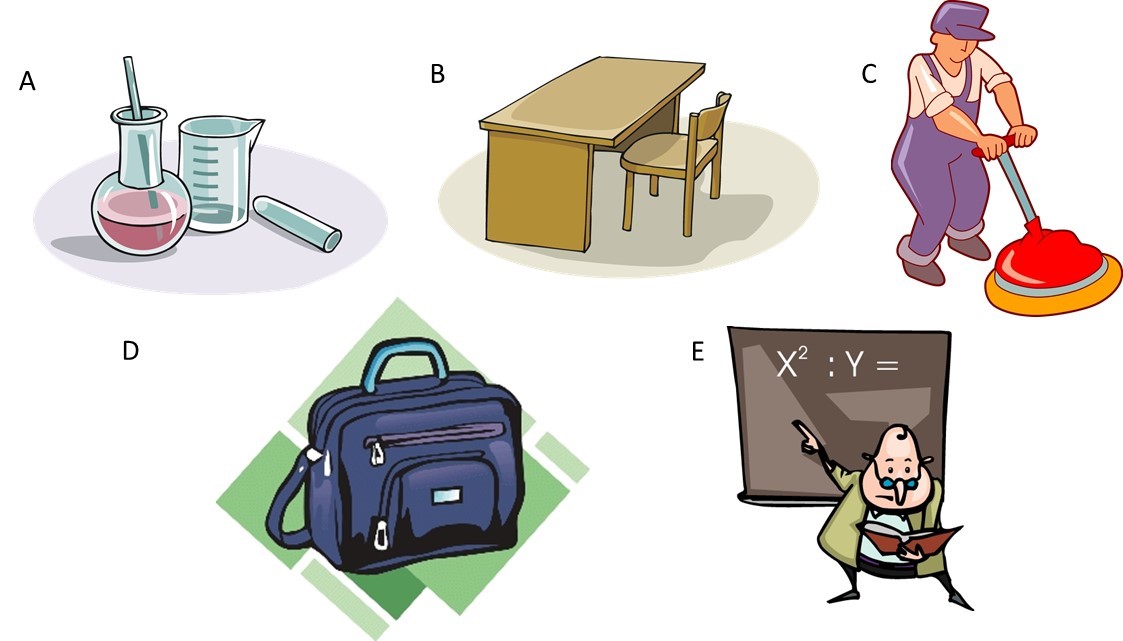
ESL School Vocabulary Picture Descriptions
Identify the best description for each of the images (A-E) given above that correspond to the five questions in this quiz.
Other Pages about Schools that You Might Like
ESL School Conversations
ESL School Listening
ESL School Reading
ESL School Writing
ESL 4u home › Vocabulary › School


|
|
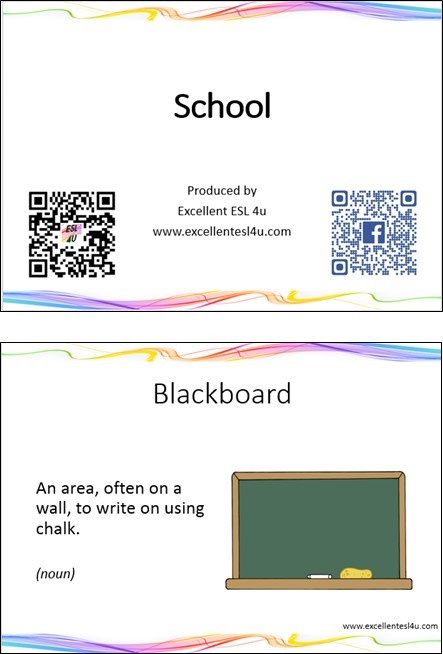
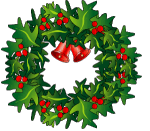
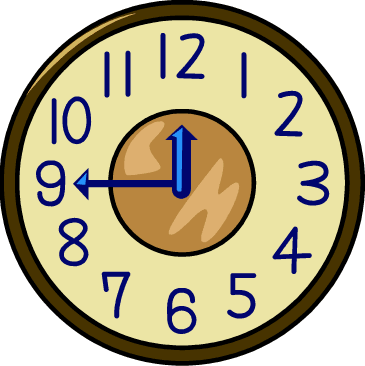
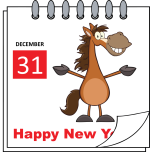
New! Comments
Have your say about what you just read! Leave me a comment in the box below.